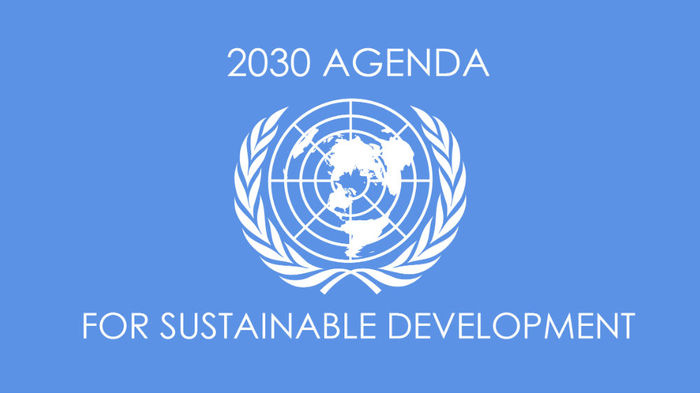Weeks after assuming office as the sixth president of the Caribbean Development Bank, the St. Lucian-born president of the regional lending institution, Dr Hyginus ‘Gene’ Leon, has said that none of the Bank’s nineteen Borrowing Member Countries are advancing at the speed and scale necessary to meet the targets set out in the United Nations 2030-deadlined Social Development Goals (SDG’s).
The thrust of his recent inaugural address at the 51st meeting of the Bank’s Board of Governors suggests that the CDB’s new President has already begun to undertake a critical assessment of the current size of the institution in relation to its capacity to become an impactful factor in the region’s pursuit of its socio-economic goals in the prevailing global environment. Contextually, he questioned whether the bank’s current size adequately equips it to be a game-changer for the region given the prevailing socio-economic circumstance in which the global community finds itself. The new CDB President is concerned that endeavours among the Bank’s borrowing member countries to meet the United Nations-set Social Development Goals by 2030 were “not advancing at the speed and scale required” and that reaching the goal of halving poverty in the region by 2030 requires more than doubling of average lending by the Bank at this time. In effect, Dr Leon says, the CDB’s current size has to be revisited if it is to remain an effective partner for the region.
“If the bank is to function as an effective development partner in the drive towards the SDGs and beyond, it must remain relevant and fit-for-purpose, and be appropriately sized, skilled and structured.”
Some of the CDB’s Borrowing Member Countries have submitted voluntary national reviews, reporting on the pace of SDG’s implementation though most of these reviews have reportedly cited inadequate funding and natural hazards as factors that continue to undermine their efforts to meet the targets outlined in the SDG’s. The Bank president reportedly noted that insufficient data and statistical capacity had also affected country policy responses.






